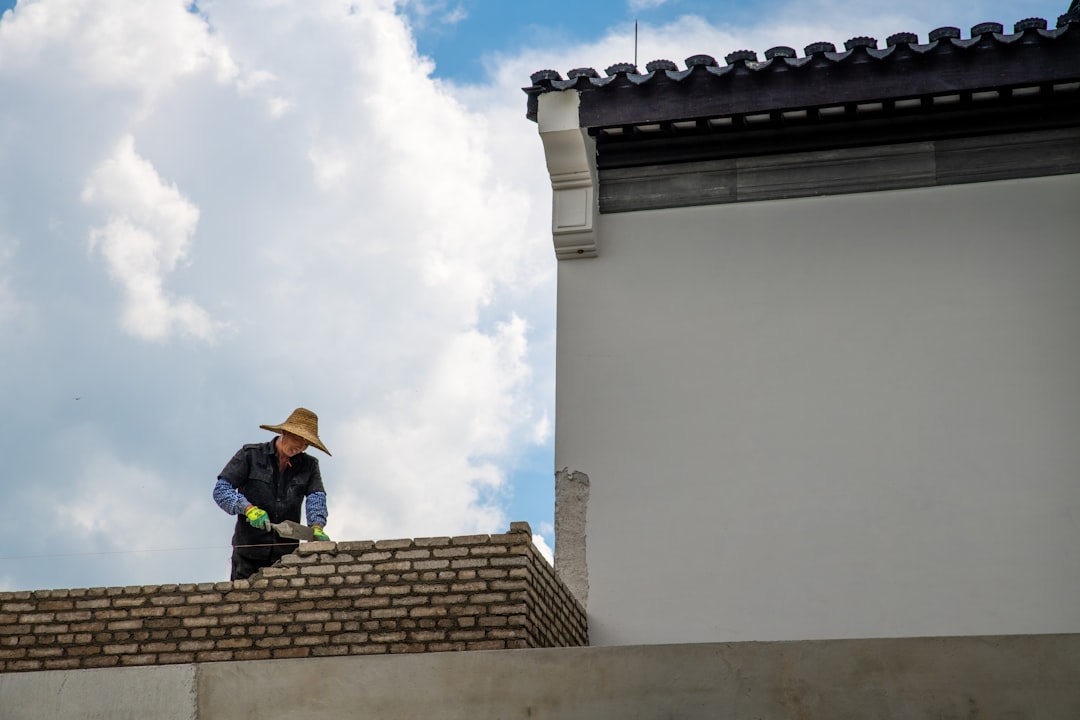Smoke Alarm Replacement Cost Guide for Homes
Price source: Costs shown are derived from our proprietary U.S. construction cost database (updated continuously from contractor/bid/pricing inputs and normalization rules).
Eva Steinmetzer-Shaw
Head of Marketing
Understanding Smoke Alarm Replacement in Residential Construction
Ensuring fire safety in residential construction is crucial. Modern building codes require interconnected smoke alarms with battery backups, placement in every bedroom, and hard-wiring on new circuits. Understanding the smoke alarm replacement cost is essential for contractors to maintain compliance and budget effectively.
How Much Does Smoke Alarm Replacement Cost?
Across the U.S., single-family projects typically range from $110–$350 per unit installed. Accurate estimates consider real-time supplier feeds, licensed electrician rates, and local permit fees.
Cost Breakdown
- Device: $18–$65 for standard 120-volt alarms, $50–$150 for smart Wi-Fi models
- Electrical Labor: $50–$100 per unit, assuming attic or crawl access and code-compliant wiring
- Materials & Misc.: $5–$18 for junction boxes, connectors, low-profile plates, and lithium batteries
- Permit & Inspection: $25–$150, depending on municipal requirements
- Disposal of outdated units: $1–$3 per alarm for e-waste processing
Typical Residential Totals
- Replace a single malfunctioning unit: $140 average
- Upgrade a three-bedroom home (7 alarms with interconnect): $950–$1,600
- Full smart alarm conversion on a 3,000-sq-ft custom build: $1,800–$3,200
Key Factors That Shift Your Budget
- Age of existing wiring: Pre-1999 homes often lack a neutral wire and demand new circuits
- Ceiling height: Cathedral or vaulted ceilings require lifts or scaffold, adding labor hours
- Accessibility: Finished basements and tight crawlspaces raise install complexity
- Local code amendments: Some jurisdictions now mandate combo smoke/CO alarms
- Smart home integration: Alexa or Google Home compatibility increases device cost but may reduce insurance premiums
Smart vs. Conventional Alarms
Conventional ionization or photoelectric alarms are budget-friendly, yet smart units provide mobile alerts, self-testing, and silencing from any device. Smart models add roughly 40% to the material line but can reduce callbacks for nuisance chirps.
Reducing Costs with CountBricks
- AI-driven supplier matching lowers material pricing by up to 12%
- Voice-to-estimate workflow eliminates manual takeoff errors
- Automated code compliance checklists prevent costly re-inspections
- Bundled task grouping shows savings when smoke alarms are replaced during larger electrical scopes
Step-by-Step: Budgeting Smoke Alarm Replacements
- Open the CountBricks app and start a voice session
- Specify number of existing alarms, ceiling heights, and desired smart features
- Upload blueprints or snap phone photos for instant AI takeoff
- Review automatic labor assignments pulled from local licensed electrician rates
- Generate a branded quote and send for e-signature in under five minutes
Frequently Asked Questions
- How often should smoke alarms be replaced? Most manufacturers recommend every 8–10 years.
- Can homeowners DIY replacements? Battery swap is simple, but hard-wired replacements often require an electrician.
- Do smart alarms qualify for insurance discounts? Many carriers offer 2–5% premium reductions.
- What if drywall patching is required? CountBricks auto-adds surface repair and paint touch-up tasks.
Tap Into CountBricks Expertise
For precision, visit CountBricks.com to ensure your smoke alarm replacement cost stays competitive while meeting every inspection.
Case Study: Seven-Alarm Upgrade on a Midtown Remodel
During a Phoenix remodel, outdated smoke alarms were identified. Using CountBricks, the contractor quickly estimated costs and integrated smart Wi-Fi combo smoke/CO models.
Rapid Estimate Workflow
- CountBricks AI recognized 2,450 sq ft and auto-counted seven required alarm locations
- Best-price material total of $487 was synced with local distributors
- Labor was calculated at 7.2 hours based on current Phoenix wage data—$546 total
- Permit and inspection fees were $45
- Total smoke alarm replacement cost: $1,078
Project Outcomes
- Zero change orders: The AI cost model accounted for patch-and-paint
- Faster sign-off: Homeowner approved the quote within the hour
- Inspection success: Proper spacing and interconnection ensured a one-trip final inspection
Lessons for Residential Builders
- Integrate life-safety upgrades early
- Smart alarms can be a profit center
- Transparent costs build trust
Ready to replicate this success? Visit CountBricks.com to streamline your next smoke alarm replacement.

